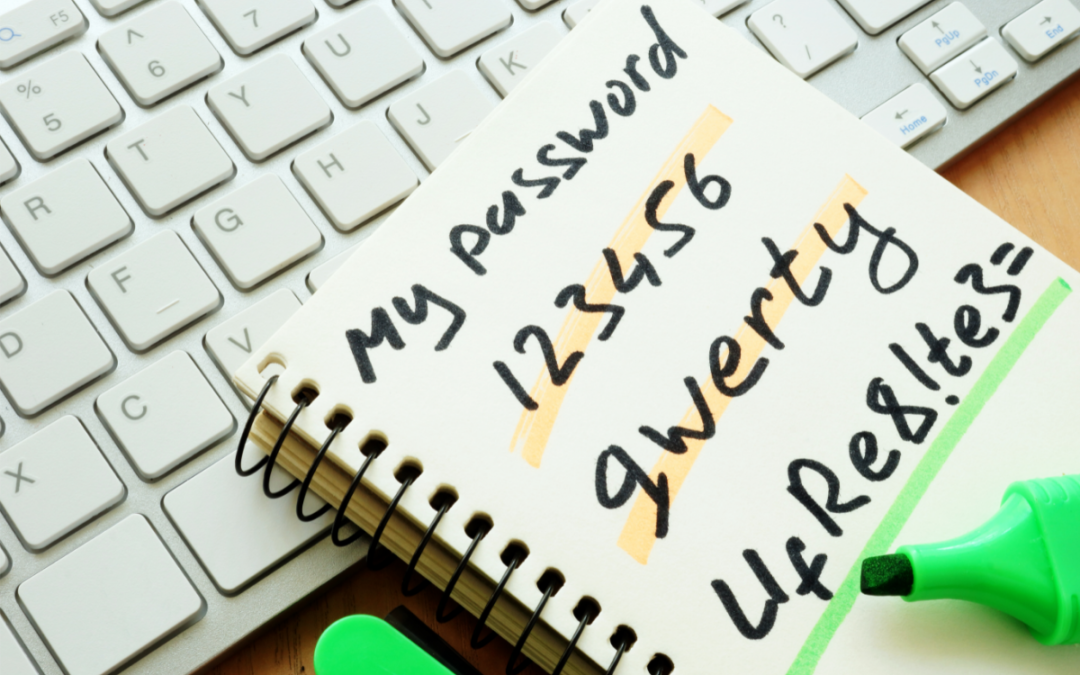Our day-to-day lives have become so busy, that we often forget to maintain and update passwords unless it is forced upon us by third-party applications or corporate requirements. As our lives move into a more remote lifestyle, a lot of our work has moved into cloud-based services. Securing your online accounts with strong passwords and trying to memorize lots of passwords has been a challenge. Taking this one step further, people tend to re-use the same password for multiple log-ins, which further weakens your security footprint.
The reality is, however, that passwords need to be changed regularly to secure your private information. At Slate, we encourage you to consider using a password manager to help make this process easier and more streamlined.
Password Managers
One solution is to use a password manager, which, essentially is an encrypted vault that stores login information. Password managers store your login information for all the websites you use and help you log into them automatically. They encrypt your password database with a master password. The master password is the only one that will need to be remembered. Password managers help with overseeing your passwords by auto-filling forms during the login process. Additionally, password managers help with auto-filling the other fields of information on these sites—such as credit card information, addresses, and biometric data.
When choosing a password manager, you will find that there are multiple options to compare, which can seem overwhelming. There are some things to keep in mind when choosing a password manager, keeping in mind that with so many features, some features can appeal to one person while those features may not be important to another. Each should provide a free option to start you on the journey to evaluate how well, or not well, they integrate within your daily routine.
Once you do decide, the first step is to choose a secure password, or passphrase, that will be used as the master password. This master password will be used to unlock the local password manager. When creating passwords for your sites and applications, the password manager should provide the ability to generate a strong password, which prevents you from using the same password across multiple sites. The password manager can be used across multiple devices if you have the application or browser extension installed.
A few Password Managers that Slate has implemented and recommended in the past are listed here:
- 1Password – https://1password.com/
- Bitwarden – https://bitwarden.com/
- LastPass – https://www.lastpass.com/
Multi-Factor Authentication Codes
In addition to using a password manager, we encourage you to use multi-factor authentication codes wherever possible. Multi-factor authentication codes are when a website or platform asks you to send a code, typically to your phone, to verify it is you and not a hacker trying to access your account. Nowadays, most websites, especially those that handle sensitive information, enable you to use at least two-factor authentication codes.
If you have questions about cybersecurity and how to safeguard your organization, contact us. Slate Enclave is the trusted partner for custom security solutions, tailored to your business. Our team performs audits for organizations to determine where their security systems are deficient and how to mitigate these deficiencies.

